The Death of "You're Welcome."
I recently noticed that my business partner and friend, Toni, consistently replies “you’re welcome” to me after I express my gratitude to/for her. I noticed a pattern of my own curious internal responses as I read her “you’re welcome(s).” When I asked her about it she told me, “You know, I haven’t thought about it much but maybe it is [about learning how to receive]! It feels like respect to me. If someone thanks me, that feels good, and I want to honor their thanks.” I noticed that it mirrored back to me my own struggle with receiving. Receiving a “thank you” feels uncomfortable. I feel seen/honored/appreciated and that rubs up against some of my wounds, patterns, and belief systems. So, I decided to do a bit of research around it and explore the idea a bit further.
Since the digital age, it seems like the phrase “you’re welcome” is being used less and less. With millennials and gen Z saturating social and professional spaces, new vernacular has moved in:
No worries
No problem
Thank YOU!
My pleasure
Of course!
You got it.
Don’t mention it.
Happy to help.
Not at all.
It was nothing.
No trouble at all.
No need to thank me.
From a psychological perspective, I look at these responses and I’m struck by the dismissive quality they have for the act that initially received/deserved the “thank you.”
So why is this?
The culture around “you’re welcome” has shifted. In the digital age, we see “you’re welcome” as a parental scolding, not an expression of gratitude. Or lately, as this HuffPost article mentions, “you’re welcome” has culturally shifted to a comedic way of bragging. We’ll post something cute, smart, or important online and add a #yourewelcome to honor its importance. But a response like “no problem” seems to be working to embody humbleness and humility. Like, “I don’t need to be thanked because this should just be the way I operate or what I offer.” In this way, these types of responses also seem to work to prioritize the relationship over responding and receiving the “thank you.” We want the other person to feel good about their “thank you,” and so we avoid making it about us/our offering/our gift/our presence.
Isn’t is wild that most of us want so badly to feel/be seen (ex. someone telling us “thank you”), and then when we are, we reject it and avoid it? We reject it with a simple “no worries.” A possible root to this is, we have historically viewed “feeling seen,” as much more complicated, unattainable, and difficult. So, if someone is just willingly giving us what we want so bad, we must not be able to trust it. It’s too easy. If someone is grateful for us, our work, our presence it must mean that we are worthy of that…and that is a very uncomfortable place for a lot of us. To truly see our worth is tough. To truly receive is challenging. And to lean into their positive view of us requires trust.
Photo by Morvanic Lee on Unsplash
Another—and additional—possibility is, since COVID, most of our simple communications are being done over email, text, and phone. These spaces of communication are void of important physical and emotional cues. When we cannot experience someone’s physical body, expression, or tone, we tend to interpret simple expressions and responses like “you’re welcome” through a lens of anxiety (prepare for the worst). And anxiety likes to seek verification and validation in historically based reference points (wounds) to better understand and predict someone’s intention behind their delivery. And therefore, our wounds become our lens in understanding and interpreting a simple two-word response. And—it gets better—because we have used a wound (or many wounds) as an information filter, our body gets activated (anxious, worried, concerned, scared, etc.). And now we begin to engage and respond to someone’s “you’re welcome” like we’re in trouble or on the defense…anyone else? Just me?
“Our neurosis and our wisdom are made out of the same material.”
Candidly, these dysregulated experiences (where we feel off, conflicted, overwhelmed, shut-down) can occur with any two-word expressions. These emotional experiences can happen multiple times throughout our day and can be confusing, crushing, annoying, and limiting. And it can be difficult to track back “what happened?” We can quickly become dismissive of our physical experience as “not true” and then work to distract or bury the feelings we are having in order to move on with our day. And as a result these emotional triggers and responses swell and become more sensitized to external stimuli (like two-word phrases).
So what do I do with this information?
Here are some curious questions you can start asking yourself:
Photo by Marcos Paulo Prado on Unsplash
Do you become noticeably agitated, uncomfortable, or shut-down when someone tells you “thank you” or “you’re welcome?”
What do you notice in your body?
Are there ways that you like to be appreciated or thanked? What are they?
What ways of appreciation are you comfortable with?
What happens for you when you witness someone else receiving praise/appreciation?
Are there—seemingly—benign responses/reflections/expressions that activate you?
So this conversation may have started with a brief reflection of a two-word phrase, but you better believe I can turn a simplistic linguistic expression into a deeper dive into historical experiences/wounds, nervous system dys/regulation, and emotional awareness/mindfulness. There’s always an opportunity to do your work! You’re welcome…



